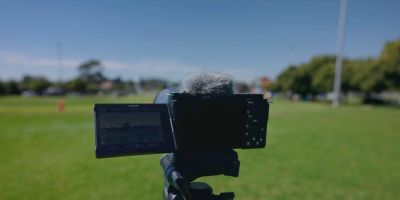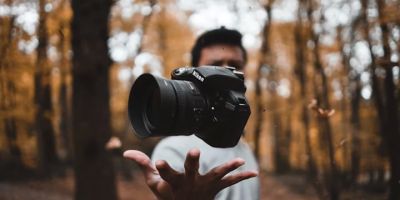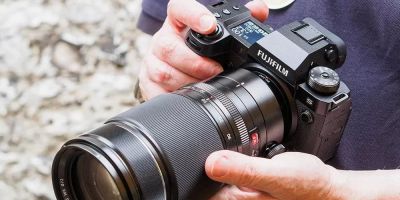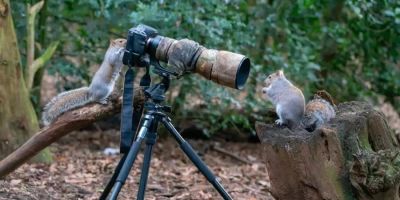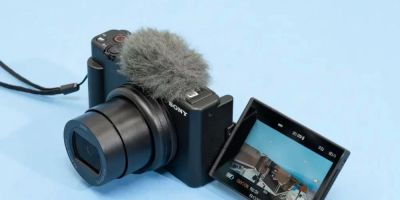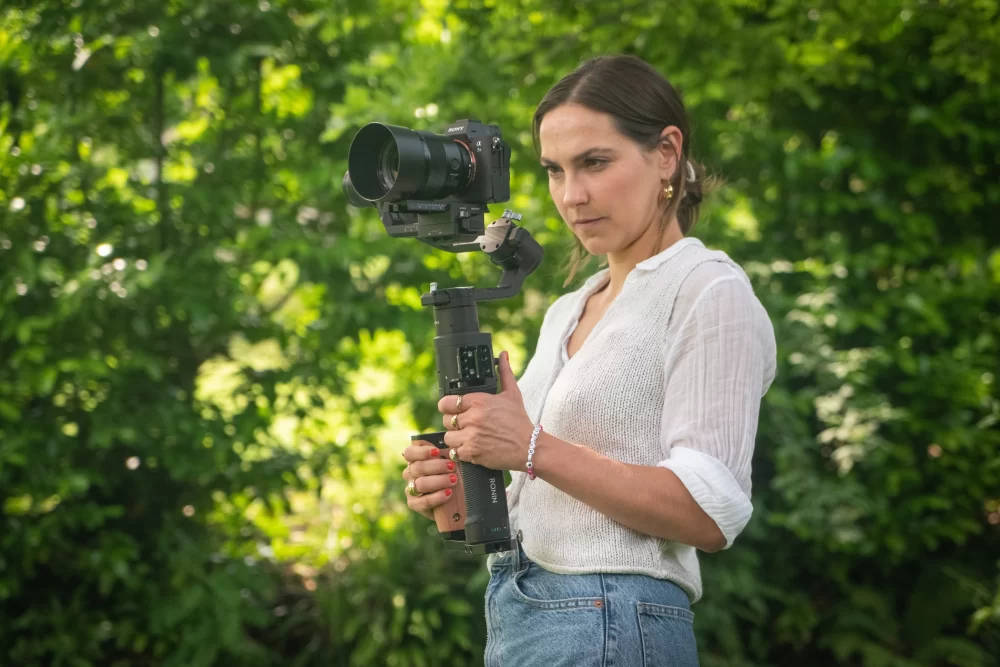
- Choosing-the-right-camera-for-documentary-work
- Essential-features-for-documentary-cameras
- Real-world-examples-and-user-experiences
- How-to-make-the-best-purchase-decision
Choosing the Right Camera for Documentary Work
For documentary photographers and filmmakers enthusiasts, selecting the ideal camera is more than just picking a device—it’s about finding a reliable partner to tell compelling stories through images and footage. The right camera can profoundly affect the outcome of a documentary project, influencing everything from image quality to mobility and battery life.
Documentary work typically demands versatility. Unlike controlled studio settings, documentaries involve unpredictable environments, lighting conditions, and spontaneous moments. This means a camera that balances excellent image quality with ease of use and durability is essential. Many documentary photographers and filmmakers prefer cameras with excellent low-light performance, fast autofocus, and robust build quality that can withstand challenging conditions.
Understanding these core needs helps narrow down the options, but the decision also depends on individual shooting styles and project requirements. Whether you’re capturing poignant street stories or filming intimate interviews, the camera choice should enhance your creative workflow, not hinder it.
Balancing Portability and Performance
A significant consideration is the camera’s size and weight. Documentary photographers often carry their equipment for long hours and across various locations. Lightweight cameras allow for greater mobility, while larger systems may offer superior image quality but at the cost of bulk and complexity. For instance, mirrorless cameras have gained popularity among documentary filmmakers for their compactness without sacrificing professional-level features.
The Role of Sensor Size and Resolution
The sensor plays a vital role in image quality, especially for documentary photography where detail and color accuracy can convey powerful narratives. Full-frame sensors generally provide better low-light capabilities and dynamic range, which are advantageous in unpredictable shooting environments. However, APS-C or Micro Four Thirds sensors can offer compelling performance with smaller and lighter lenses, appealing to those who prioritize travel and stealth.
Essential Features for Documentary Cameras
When evaluating cameras for documentary photographers and filmmakers enthusiasts, it’s crucial to consider several specific features that align with the demands of documentary work. Here are the most impactful:
Autofocus Speed and Accuracy
In dynamic settings where moments unfold quickly, a camera with fast and reliable autofocus is indispensable. Continuous autofocus with subject tracking helps maintain sharp focus on moving subjects, which is often the case in real-world documentary scenes.
Video Capabilities
Many documentary filmmakers require a camera that excels in both stills and video. Look for cameras that offer high-resolution video recording (4K or higher), robust codecs, and manual controls over exposure and audio. Features like in-body image stabilization (IBIS) also help create smooth handheld footage, which is common in documentary filming.
Battery Life and Storage Options
Documentary shoots can span long hours or unpredictable time frames. Cameras with extended battery life or the ability to swap batteries quickly become essential. Additionally, dual card slots offer backup options to secure valuable footage and photos on location.
Ergonomics and Customization
Comfort and ease of use should not be underestimated. Cameras with intuitive menus, customizable buttons, and a good grip allow photographers and filmmakers to adapt quickly and focus on storytelling without technical distractions.
Real-World Examples and User Experiences
To illustrate these points, consider the experience of acclaimed documentary photographer Anna Lee, who recently shared her journey choosing a camera for her latest project in remote regions. She opted for a mirrorless full-frame camera known for its robust autofocus and excellent low-light capabilities. This choice enabled her to capture candid moments in dimly lit environments without missing critical details.
Similarly, independent filmmaker Marcus James recounted how switching to a camera with advanced video functions dramatically improved his documentary’s production quality. The in-body stabilization feature allowed him to shoot handheld sequences while maintaining smooth footage, reducing the need for additional gear and simplifying his workflow.
These cases underline how the right camera can empower documentary storytellers by meeting both technical demands and creative ambitions.
Community Insights and Trends
Many documentary photographers and filmmakers enthusiasts turn to communities and platforms dedicated to their craft for advice and gear recommendations. The collective knowledge often highlights cameras like the Sony A7 series, Canon EOS R, and Panasonic GH series as popular choices, thanks to their blend of performance and portability.
How to Make the Best Purchase Decision
When deciding on the best camera for documentary filmmaking or photography, thorough research combined with hands-on testing is key. Visiting specialized stores or consulting with experts at places like Photo Studio can offer valuable insights tailored to your specific needs. They provide access to a variety of products and services that help you find equipment suited to your style and project demands.
Additionally, consider the following steps before purchase:
Define Your Project Requirements
Identify the type of documentaries you want to create. Are you focusing on still photography, video, or both? Will your work demand rugged gear for extreme environments or lightweight equipment for urban exploration? Clear answers guide you toward the right features and models.
Set a Realistic Budget
Quality documentary cameras come in a wide price range. While high-end models offer impressive capabilities, mid-range cameras often deliver excellent value. Balancing cost with feature sets ensures you invest wisely without overspending.
Test and Compare Models
If possible, rent or borrow cameras to get a feel for their ergonomics and performance. Testing under real shooting conditions often reveals strengths and weaknesses not apparent from specs alone.
Ultimately, selecting the perfect camera is a personal decision shaped by creative goals and practical needs. For documentary photographers and filmmakers enthusiasts looking to explore options, Photo Studio is a reliable resource for expert advice and quality gear suited to your storytelling ambitions.

